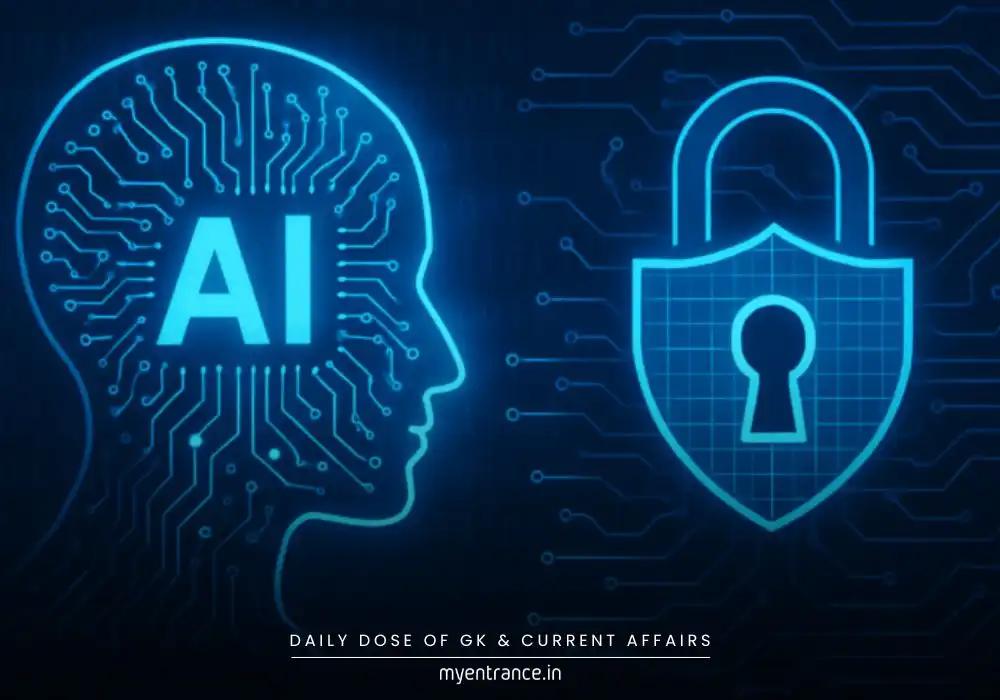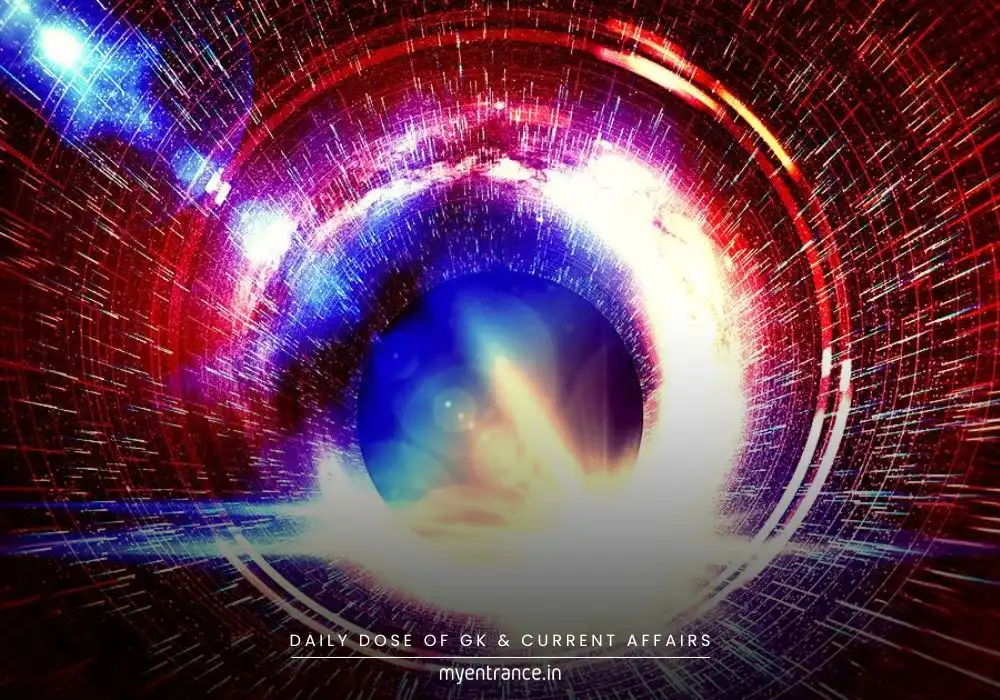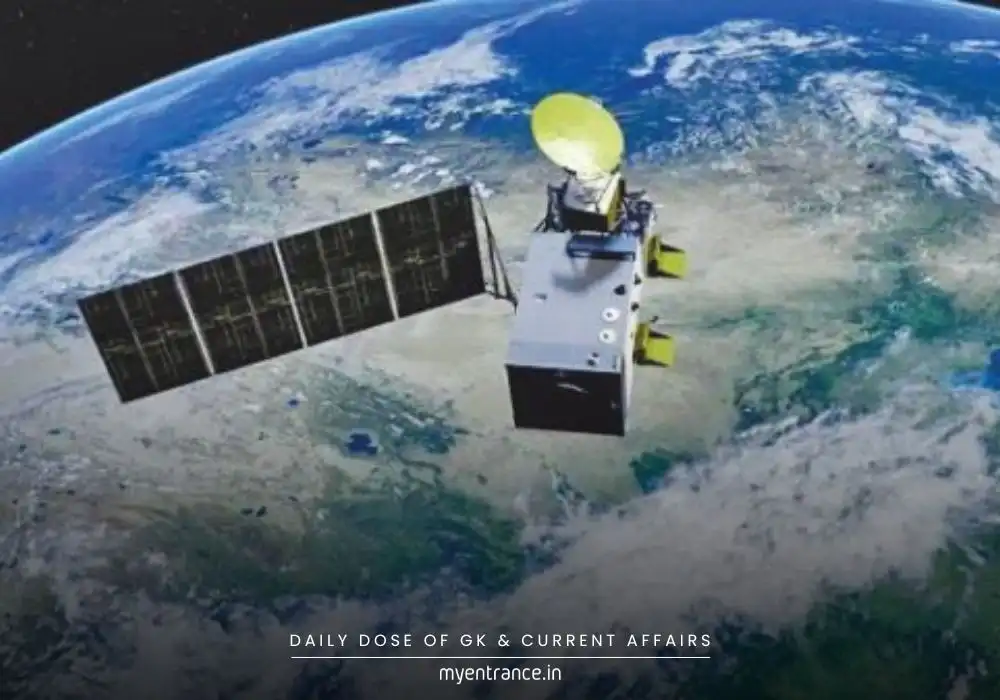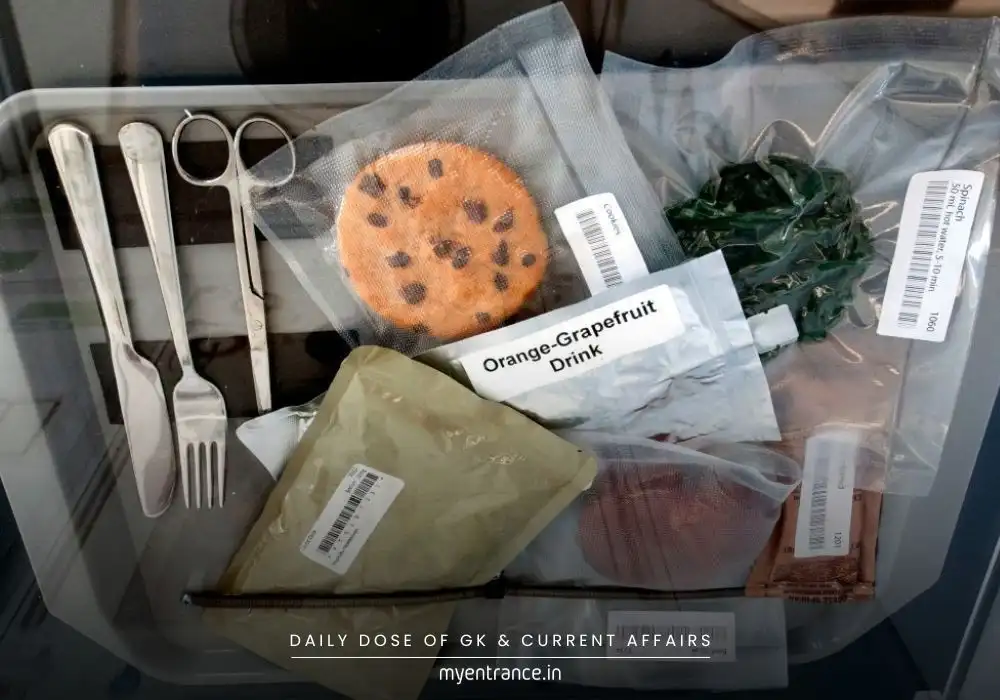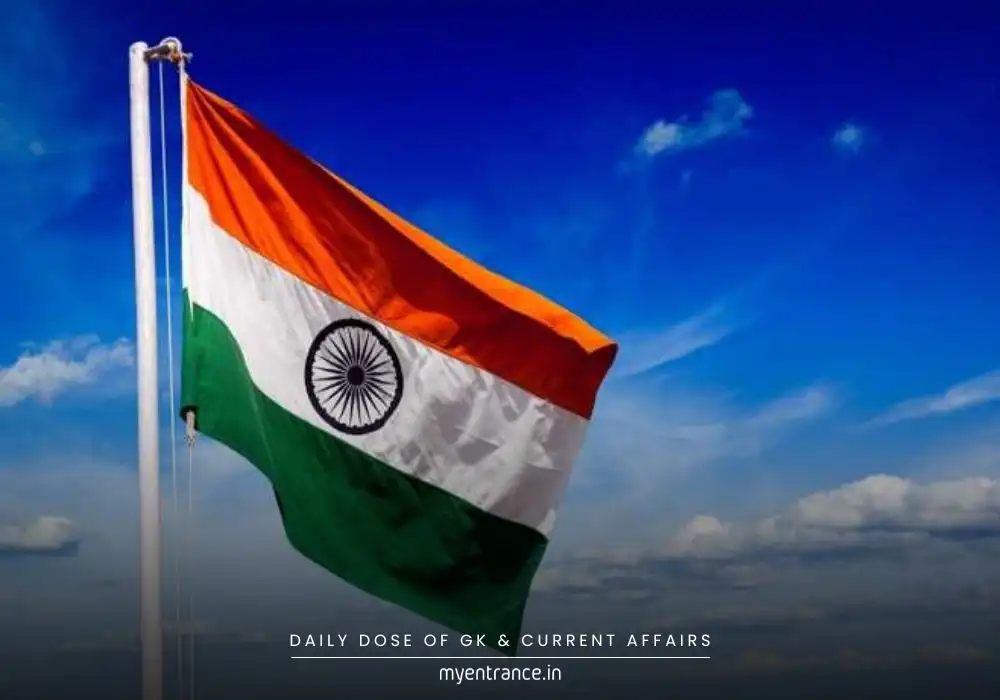Translate Language
Why Can’t Aadhaar, Voter ID, or Ration Card Prove Your Citizenship? Election Commission Reveals
The Election Commission of India (ECI) recently clarified that Aadhaar, Voter ID, and ration cards cannot be used as proof of citizenship for voter registration. This stance emerged during Bihar’s Special Intensive Revision (SIR) of electoral rolls and was defended in the Supreme Court. Here’s why these common documents fall short.
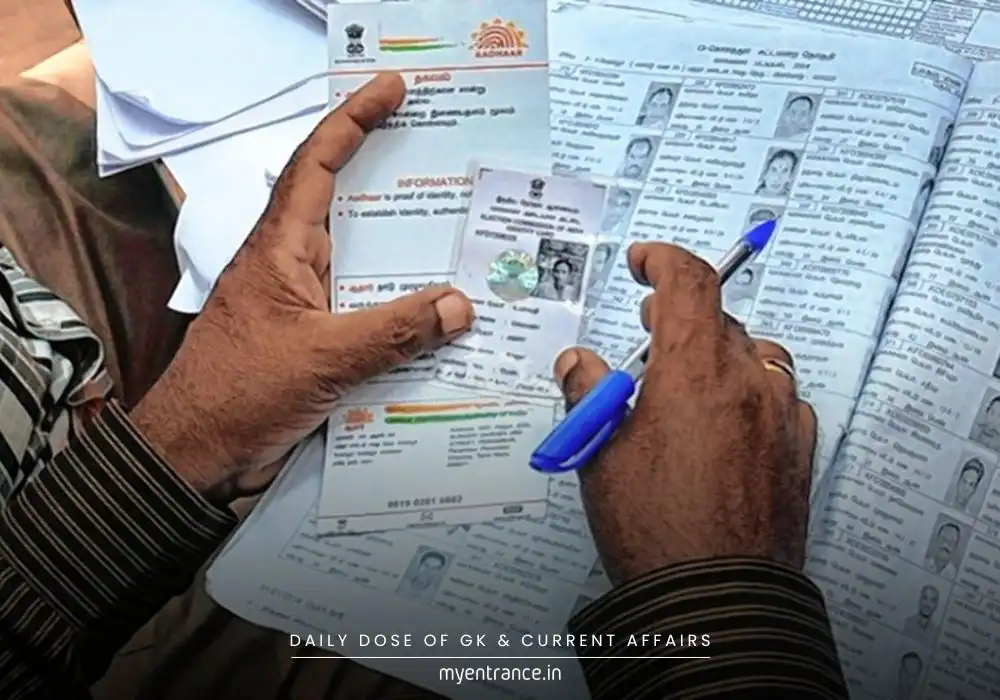
Why Aadhaar, Voter ID, and Ration Cards Aren’t Accepted
The ECI’s affidavit to the Supreme Court detailed three core reasons:
Aadhaar’s Limitations:
Aadhaar verifies residency, not citizenship. The Aadhaar Act explicitly states it is not proof of nationality. It can be issued to non-citizens residing in India, making it unreliable for voter eligibility.
Voter ID (EPIC) Loophole:
Existing Voter IDs are issued based on previous electoral rolls, which might contain errors. Accepting them as fresh proof creates a circular logic loop – “You’re a citizen because you have a Voter ID, and you get a Voter ID because you’re a citizen.”
Ration Card Vulnerabilities:
Ration cards are welfare documents, not citizenship proofs. They’re issued for subsidized food access and can be easily obtained with minimal local residency checks, leaving room for fraud.
Key Highlights from the ECI’s Stand
The ECI cited Article 324 of the Constitution, granting it authority to demand rigorous citizenship proof beyond “generic” IDs.
Only 11 specific documents (e.g., passports, birth certificates) are accepted. The list is illustrative but non-exhaustive, allowing flexibility for other solid evidence.
No citizenship revocation: The ECI clarified that failing voter registration doesn’t cancel citizenship – it only affects voting rights under Article 326.
As of July 18, 94.68% of Bihar’s electorate had submitted forms during the SIR drive, reflecting broad public cooperation.
Q&A on The ECI’s affidavit to the Supreme Court
Q: Why did the ECI reject Aadhaar for voter registration?
A: Aadhaar confirms residency, not citizenship, and can be issued to non-citizens.
Q: Which constitutional article empowers the ECI to regulate electoral rolls?
A: Article 324 grants the ECI “plenary authority” over elections.
Q: Does voter ineligibility imply loss of citizenship?
A: No. The ECI stresses this only affects voting rights, not citizenship status.
Q: What percentage of Bihar’s electorate participated in the SIR?
A: 94.68% after accounting for duplicates, deaths, and relocations.
Q: Are ration cards considered valid citizenship proof?
A: No. They’re welfare entitlements, not nationality verifiers.
Why This Matters for Competitive Exams
This topic is crucial for UPSC, SSC, PSC, KAS, and other exams because:
It tests understanding of Constitutional Articles (324, 326) and ECI’s powers.
Questions on citizenship vs. residency proofs frequently appear in Polity sections.
Current affairs on electoral integrity (e.g., SIR drives) are hot topics for essay and interview rounds.
Analyzing document validity sharpens legal reasoning skills for prelims and mains.
Get 3 Months Free Access for SSC, PSC, NIFT & NID
Boost your exam prep!
Use offer code WELCOME28 to get 3 months free subscription. Start preparing today!
